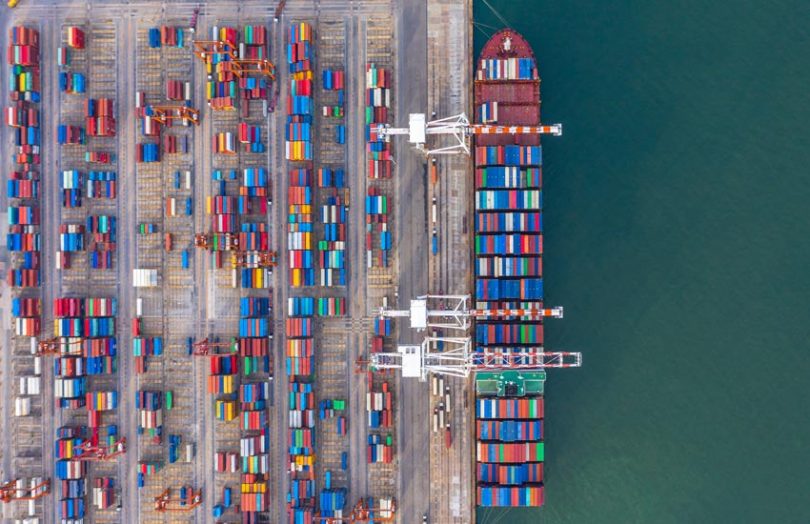Today Busan City and the Busan Institute of Industrial Science and Innovation announced that they finished the planning stage for an unmanned smart logistics system that uses blockchain in the Port of Busan. The port is the fifth busiest in the world.
The project was launched following a competition for science and technology projects by the Ministry of Science and ICT. As a result, it has received 14.2 billion won ($11.9 million) in funding, the majority of which has come from national and local government budgets. It will be undertaken by nine different organizations and is due to be completed by 2024.
Innovations, including self-driving machinery and an Internet of Things-based logistics center, are to be introduced as a means of achieving a fully automated port. The project’s particular blockchain angle is in the new smart cargo integrated control service platform, which will be based on distributed ledger technology (DLT).
Article continues …

Want the full story? Pro subscribers get complete articles, exclusive industry analysis, and early access to legislative updates that keep you ahead of the competition. Join the professionals who are choosing deeper insights over surface level news.






